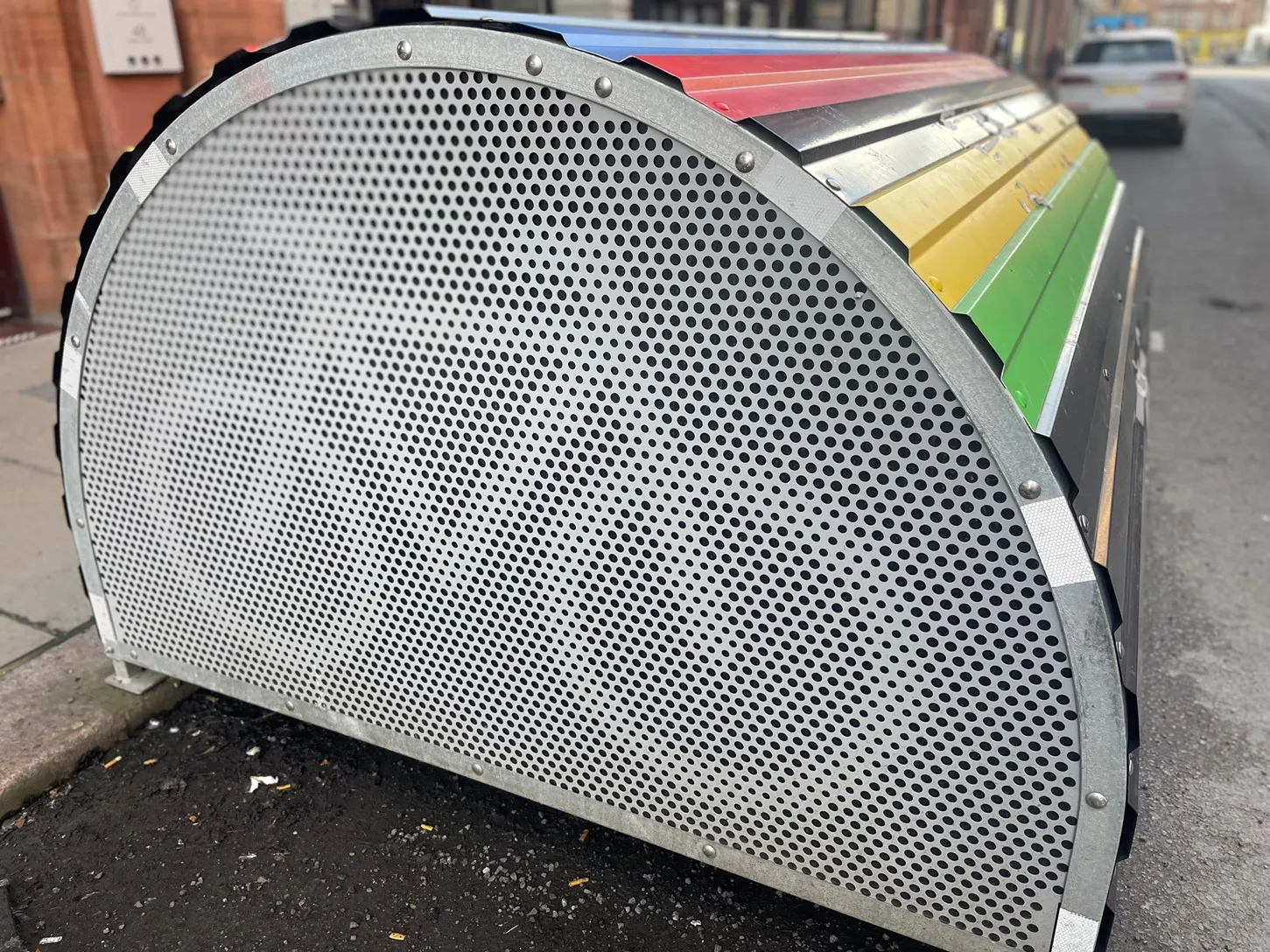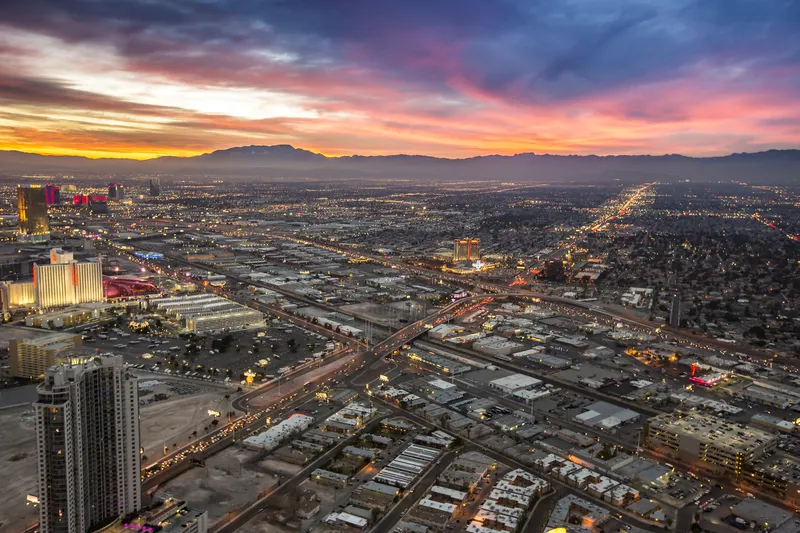The city of Bristol in the UK is to pilot the latest green technology for buses thanks to a US$1.5 million grant from the Government to coincide with the city’s year as European Green Capital.
Baroness Kramer, minister of State for Transport, announced today that Bristol will receive funding to purchase a number of new hybrid buses which can switch from diesel to electric automatically in low emission zones.
The grant from the green bus fund will be used to purchase a number of hybrid buses with geo-f
January 9, 2015
Read time: 3 mins
The city of Bristol in the UK is to pilot the latest green technology for buses thanks to a US$1.5 million grant from the Government to coincide with the city’s year as European Green Capital.
Baroness Kramer, minister of State for Transport, announced today that Bristol will receive funding to purchase a number of new hybrid buses which can switch from diesel to electric automatically in low emission zones.
The grant from the green bus fund will be used to purchase a number of hybrid buses with geo-fencing capability, which works by automatically switching diesel-electric hybrid vehicles to zero emissions once it enters a specific GPS location within the city. The trigger zones will be set on the areas with poorer air quality and Bristol City Council will use the data collected to evaluate the benefits for the city environment along with their the operational impacts for the bus service.
The Council will shortly launch a competition to select a bus operator in order start the trial before the end of the summer 2015. The exact area the buses will operate using the geo-fence technology is yet to be decided.
Baroness Kramer said: “This ground-breaking trial will make a real difference in improving people’s lives in Bristol. The funding will provide greener buses to help tackle poor air quality across the city. Today’s announcement follows the US$87.6 million Green Bus Fund which led to almost 900 new low carbon buses coming into service in England.”
Mayor of Bristol George Ferguson said: “This is perfect timing for Bristol to test such advanced technology as we start our year as the UK’s first European Green Capital which is very much about the health of the city. This ‘geo-fence’ technology will enable vehicles to recognise when they enter the areas of the city where we have the most significant air pollution problems and then switch to a green electric mode.
“We need to exploit these new technologies to help us reach a future where we can all enjoy cleaner air, and a healthier future where streets are no longer clogged with traffic, where public transport provides an affordable, quality alternative to the car, and it is increasingly attractive to walk and cycle. Air quality improvements improve health and bring a higher standard of living which will contribute further to Bristol’s reputation as the most liveable city in the UK.”
Bristol City Council is also part of the Venturer consortium which has recently secured funding to test driverless cars in the Bristol region. Bristol is also encouraging people to switch to electric cars by installing charging points across the city and by spring we will reach 100 charging spaces.
Bristol, along with its West of England Partners, has also submitted an expression of interest to the Office for Low Emission Vehicles Go Ultra Low City Scheme which will see US$53 million shared between up to four cities and will be pursuing the funding announced for low emission buses and taxis.
Baroness Kramer, minister of State for Transport, announced today that Bristol will receive funding to purchase a number of new hybrid buses which can switch from diesel to electric automatically in low emission zones.
The grant from the green bus fund will be used to purchase a number of hybrid buses with geo-fencing capability, which works by automatically switching diesel-electric hybrid vehicles to zero emissions once it enters a specific GPS location within the city. The trigger zones will be set on the areas with poorer air quality and Bristol City Council will use the data collected to evaluate the benefits for the city environment along with their the operational impacts for the bus service.
The Council will shortly launch a competition to select a bus operator in order start the trial before the end of the summer 2015. The exact area the buses will operate using the geo-fence technology is yet to be decided.
Baroness Kramer said: “This ground-breaking trial will make a real difference in improving people’s lives in Bristol. The funding will provide greener buses to help tackle poor air quality across the city. Today’s announcement follows the US$87.6 million Green Bus Fund which led to almost 900 new low carbon buses coming into service in England.”
Mayor of Bristol George Ferguson said: “This is perfect timing for Bristol to test such advanced technology as we start our year as the UK’s first European Green Capital which is very much about the health of the city. This ‘geo-fence’ technology will enable vehicles to recognise when they enter the areas of the city where we have the most significant air pollution problems and then switch to a green electric mode.
“We need to exploit these new technologies to help us reach a future where we can all enjoy cleaner air, and a healthier future where streets are no longer clogged with traffic, where public transport provides an affordable, quality alternative to the car, and it is increasingly attractive to walk and cycle. Air quality improvements improve health and bring a higher standard of living which will contribute further to Bristol’s reputation as the most liveable city in the UK.”
Bristol City Council is also part of the Venturer consortium which has recently secured funding to test driverless cars in the Bristol region. Bristol is also encouraging people to switch to electric cars by installing charging points across the city and by spring we will reach 100 charging spaces.
Bristol, along with its West of England Partners, has also submitted an expression of interest to the Office for Low Emission Vehicles Go Ultra Low City Scheme which will see US$53 million shared between up to four cities and will be pursuing the funding announced for low emission buses and taxis.









